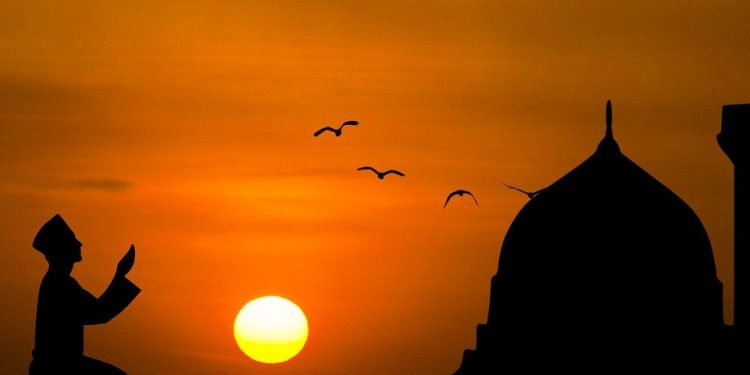The Ministry of Human Resources and Emiratisation (MOHRE) on Wednesday announced that the Hijri New Year holiday for the year 1443 will be marked by the private sector on Thursday, August 12, this year.
“MOHRE announces Thursday, 12th August as a paid leave for employees in the private sector on the occasion of the Hijri New Year, 1443. We wish you a Happy New Hijri Year,” the ministry announced on Wednesday on Twitter.
With the Hijri New Year holiday being shifted to Thursday, residents can enjoy another long weekend this month.
Earlier, the Federal Authority for Government Human Resources also announced a public holiday for the government sector on the occasion of the Islamic New Year (Hijri 1443) on Thursday, August 12.
UAE residents enjoying four long weekends this year because this year every single holiday is attached to a weekend which means that we will get to benefit from an extra-long public holiday. This is why we call 2021 the year of the long weekend.
What is Al Hijri?
Awal Muharram or Hijri New Year is celebrated by Muslims as the day symbolises two important events in the Islamic year.
The occasion marks 1,442 years since the migration of Prophet Mohammad (Peace Be Upon Him) and his companions from Makkah (Islam’s holiest city in Saudi Arabia) to Madinah.
The first year in the Islamic calendar, Hijri 1, corresponds to the year 622AD.
Hijri is derived from the Arabic word Hijrah, which means migration. In the religious context, it specifically refers to the migration of Prophet Mohammad (PBUH) more than 14 centuries ago.
What is the Hijri calendar?
Islamic Calendar depends on the movement of the moon. The beginning of each month is marked by the observance of a new moon seen for the first time. The visibility of the new moon depends on various factors such as weather hence; Islamic Calendar is only an estimate of future Islamic events.
This Hijri calendar is based on the lunar year, in which months are 29 or 30 days, depending on when the waxing crescent moon is sighted after the new moon. As a result, the Hijri year is shorter than the Gregorian solar year, arriving around 11 days “earlier” after each full cycle.




![The Top & Most Popular Seafood Bucket Restaurants in Dubai for you [Never Miss]](https://uae24x7.com/wp-content/uploads/2020/09/8-seafood-in-a-bucket-scaled-e1600739237403.jpg)
![Procedures for Renewing the Driving License in Abu Dhabi [3 Simple Steps]](https://uae24x7.com/wp-content/uploads/2020/07/Capture-9-e1595666454466.jpg)





